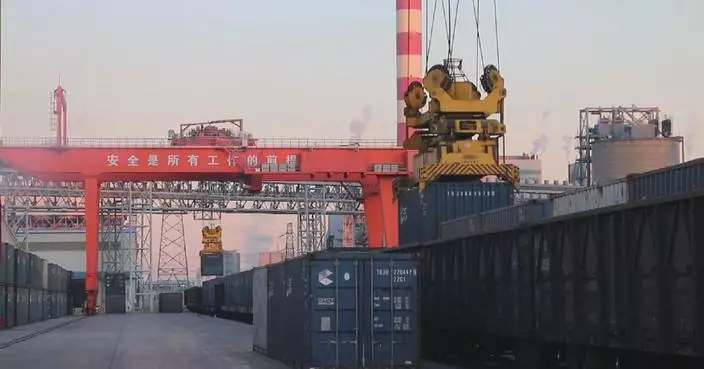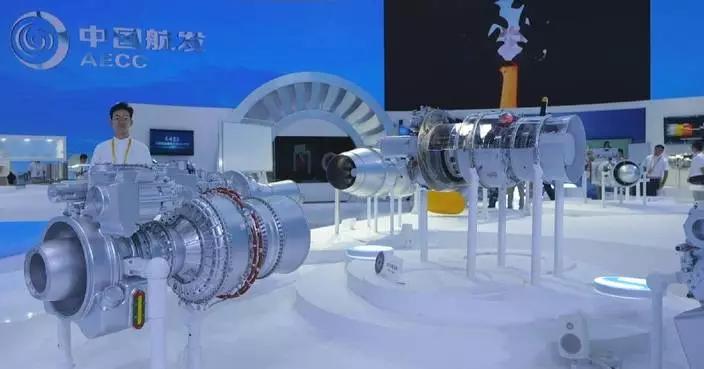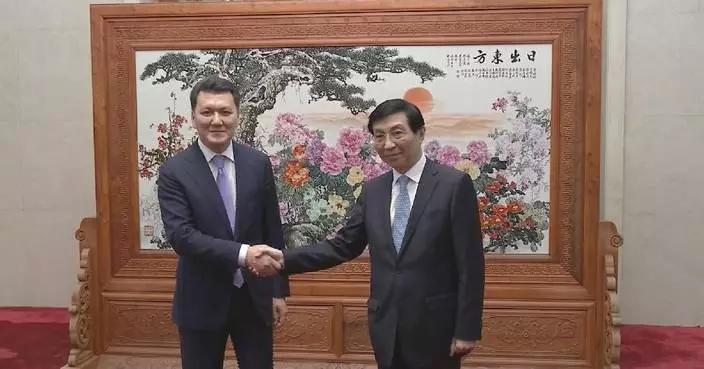Chinese drone manufacturer DJI is in the international spotlight after filing a lawsuit in October against the U.S. Department of Defense (DOD), which has classified the producer as a so-called "Chinese Military Company" and imposed sanctions.
DJI states that after failing to engage with the DOD for more than 16 months, DJI had no choice but to turn to the federal court.
The incident marks a pivotal moment in the ongoing battle between the U.S. authorities and Chinese high-tech firms who face increasing scrutiny and restrictions by the U.S. government.
"DJI claims that it is not owned or controlled by the Chinese military. Its shareholders are natural persons, such as its founders Wang Tao, Li Zexiang, and Xie Jia. These people are private individuals, not employees of the Chinese government. DJI has not participated in the plan of China's military-civilian integration promoters," said Sun Yafeng, experienced lawyer and founder of I Believe Law Firm.
Experts say that DJI's lawsuit is not just about the company's fate, but about the broader implications for global supply chain and technological innovation.
"DJI is the top drone company in the world. Because of changes DJI is making, I think other companies in the same industry will also change how they do business globally," said Cao Zhongxiong, assistant president of China Development Institute.
The DOD's classification, DJI contends, is unsupported by evidence, echoing the frustration felt by other Chinese high-tech firms like Huawei, AMEC, and Hesai.
Huawei, for instance, has faced similar sanctions under the National Defense Authorization Act, and is challenging the bill's constitutionality.
AMEC and Hesai, too, have been targeted for their technological advancements and market presence.
"When doing business with the United States, you need to know, the U.S. places a strong emphasis on its own defense and national security. Then, follow their own rules and use similar tactics to counter any threats, resort to legal means to safeguard their legitimate rights and interests," said Sun.
The dispute has also fueled tensions between the two economic superpowers.
"This reflects the U.S. is using its technological hegemony to suppress the global industry and even the global investment environment. China's leading tech companies may need to adapt to this reality in the future," Cao noted.
As the world waits to see the outcome of DJI's lawsuit and similar cases, it is uncertain how these disputes will be resolved.
Yet, one thing is clear - dialogue, rather than lawsuits, is crucial between the world's two largest economies.

Insiders on legal provisions upholding Chinese drone maker DJI's lawsuit against US









